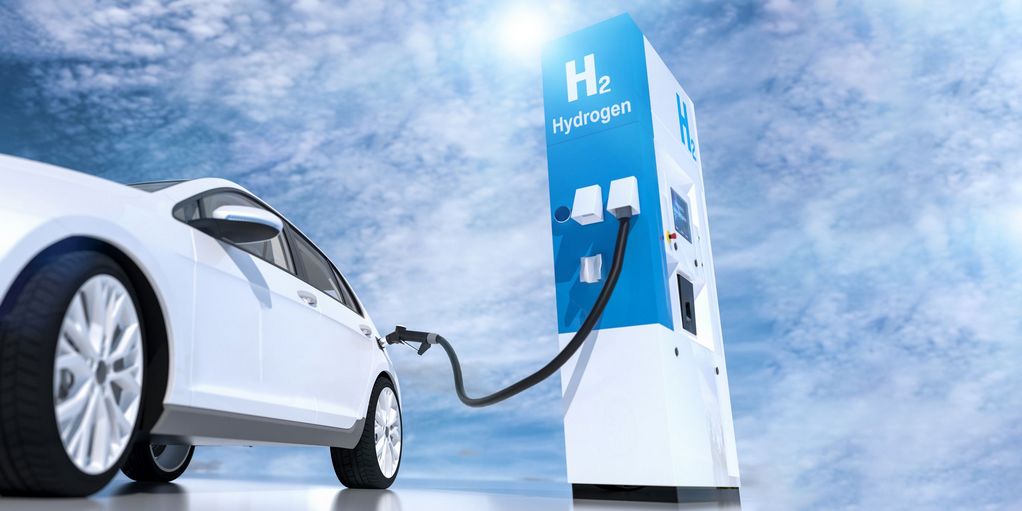In 2020, India successfully tested its first hydrogen fuel cell vehicle, developed by the Council for Scientific and Industrial Research (CSIR) and KPIT. The vehicle used a low-temperature PEM fuel cell and achieved a range of 250 km per kilogram of hydrogen. The Union Ministry for Road Transport and Highways, along with Toyota Kirloskar Motor and the ICAT, initiated India’s first hydrogen-powered Hydrogen fuel cell electric cars (FCEV) project in 2021. The project aims to test the Toyota Mirai, one of the most advanced FCEVs, on Indian roads and raise awareness about FCEV and hydrogen technology in India.
In 2023, Union Transport Minister Nitin Gadkari drove India’s first hydrogen-powered car to Parliament to emphasize the importance of transitioning to green and renewable energy sources. The government plans to produce green hydrogen using biomass and renewable energy to reduce India’s dependence on imports and fossil fuels. Additionally, Gadkari mentioned the government’s intention to launch hydrogen-powered buses from Delhi to Jaipur.
Hydrogen cars in India are not just a concept but a reality being tested and demonstrated by various stakeholders. With concerted efforts from the government, businesses, universities, and civil society, India has the potential to become a global leader in hydrogen car technology. Overcoming challenges related to cost, safety, standards, laws, policies, incentives, awareness, and collaboration will be crucial in realizing a future of clean and green mobility that benefits the environment, the economy, and society as a whole.
- Hydrogen fuel cell electric cars (FCEVs) can provide a clean and efficient alternative to conventional vehicles in India.
- FCEVs have benefits such as high efficiency, long range, quick refueling, and minimal noise.
- India has been promoting the use of electric cars (EVs) but faces challenges such as high cost and inadequate charging infrastructure.
- India successfully tested its first hydrogen fuel cell vehicle in 2020 and initiated its first hydrogen-powered FCEV project in 2021.
- The government aims to produce green hydrogen and launch hydrogen-powered buses from Delhi to Jaipur.
- Overcoming challenges related to cost, safety, standards, laws, policies, incentives, awareness, and collaboration is crucial for the widespread adoption of hydrogen cars in India.


Recent Posts
India gets major push with first multi-purpose Green Hydrogen project
Carbon Clean starts CCS module construction
All American delivers hydrofoil-assisted tour vessel
Safe Bulkers continues fleet renewal with eco-friendly Kamsarmax
Solution developed to convert paper sludge, food and textile waste into bioethanol
V.Ships seals shipmanagement deal for X-Press Feeders
G7 countries task IRENA to monitor Group’s renewable energy progress
Kongsberg Maritime hybrid technology to optimise energy use and cut emissions